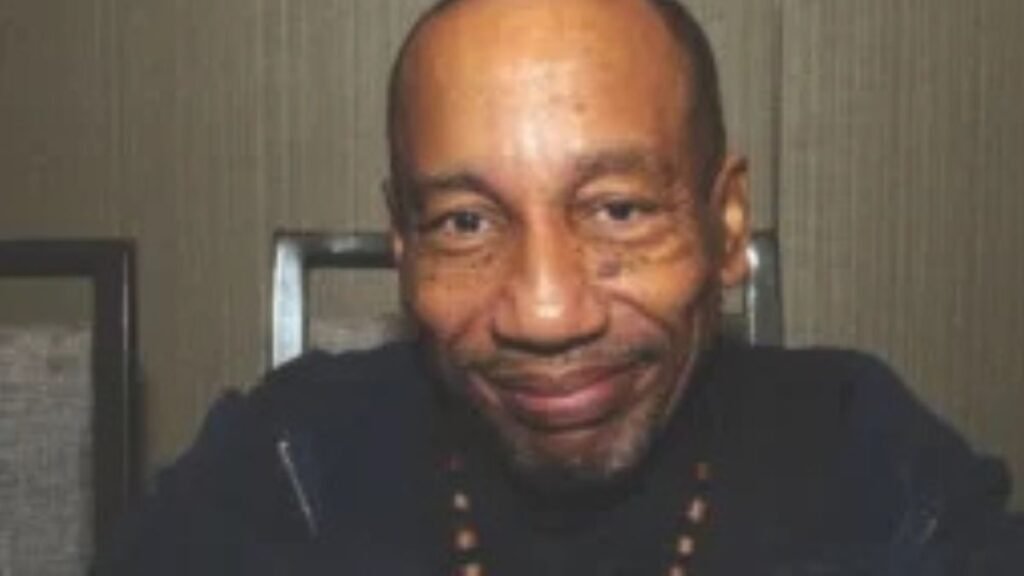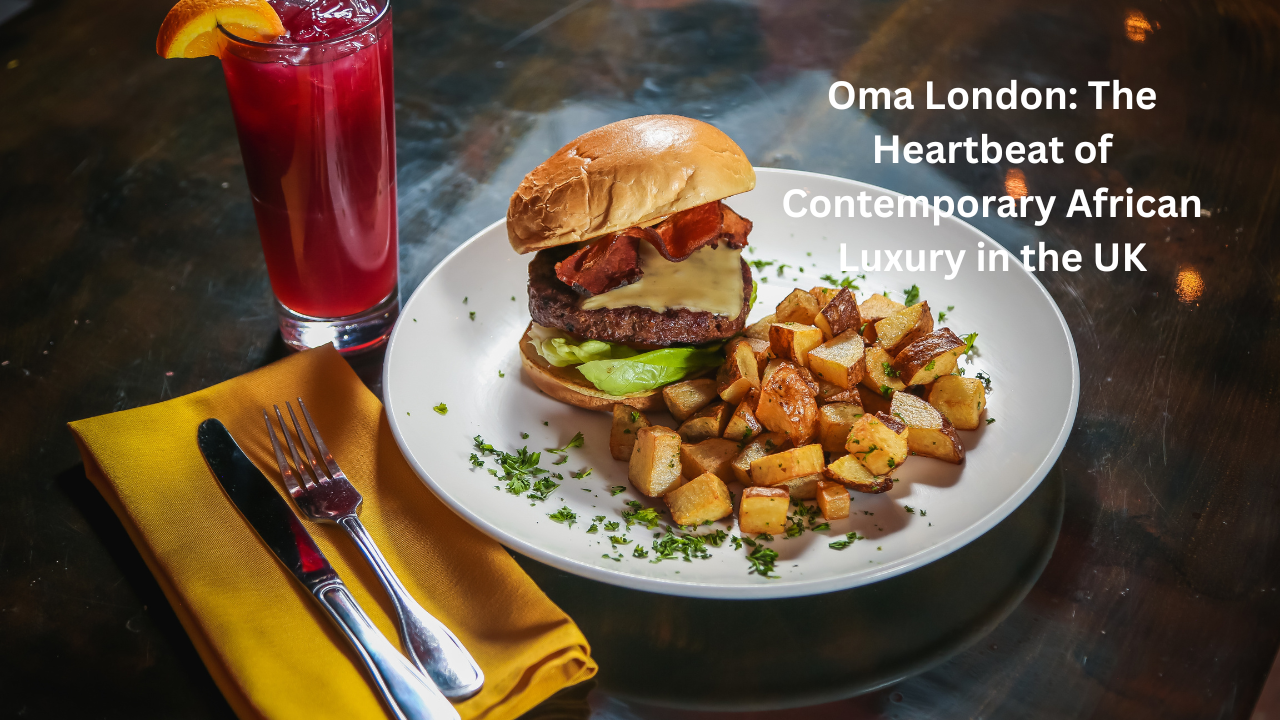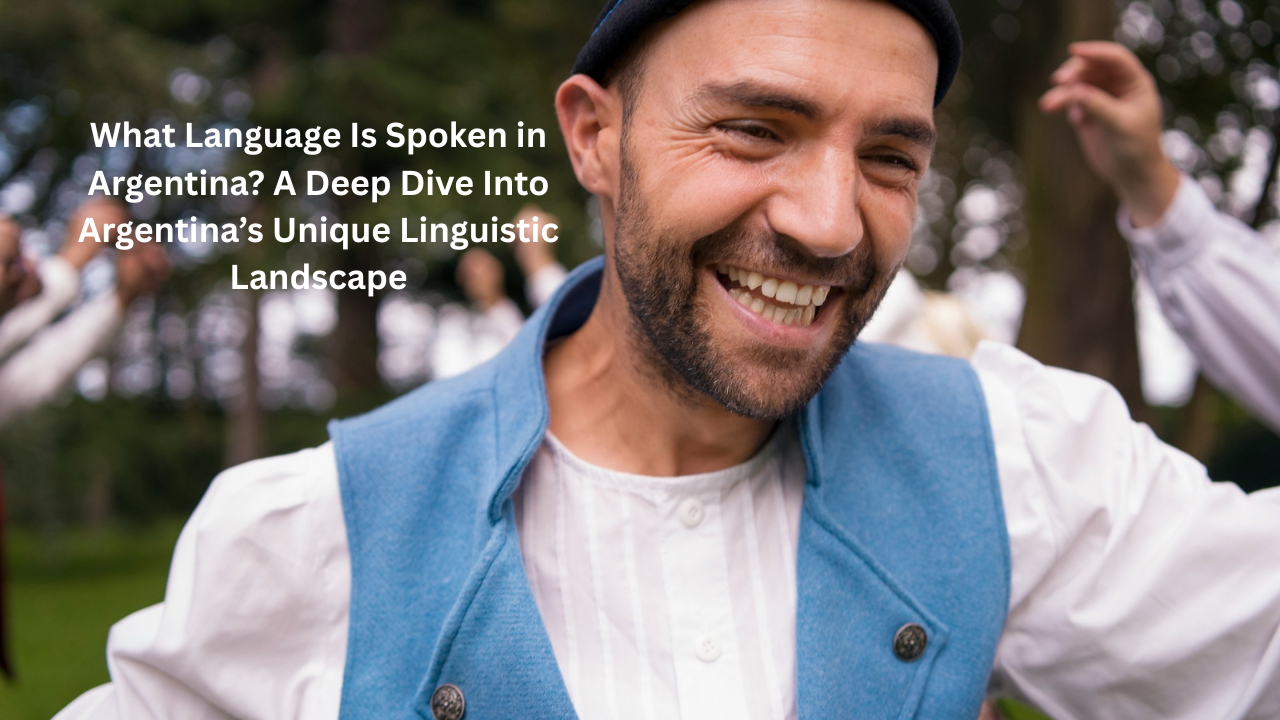Otelia Cox was a real person from American history whose name is becoming more known today. She lived during a time of great change and progress for African Americans and played a quiet but important role in the life of one of the most famous Black scientists in U.S. history. Many people are just now learning about Otelia Cox and her connection to George Washington Carver, a brilliant inventor and scientist. Even though not much is widely known about her, this guide is here to help you understand who she was, what she did, and why she still matters today. If you’re curious about Otelia Cox or just love learning about hidden historical figures, this article is for you.
Who Was Otelia Cox?
Otelia Cox was an African American woman who lived in the United States during the late 1800s and early 1900s. She is best known for her close relationship with George Washington Carver, one of the most respected African American scientists and educators in U.S. history. Although Otelia Cox did not achieve fame in the traditional sense, she was a person of deep importance in the life of Carver and likely contributed to his work and personal well-being. She lived in the same time when African Americans were fighting for education, equal rights, and opportunities. Otelia Cox represents the many women in African American history who supported great thinkers and helped shape the future quietly behind the scenes. Her story is one that inspires curiosity, and even though we may not have many books written about her, her name still appears in important conversations about Black history.
What Did Otelia Cox Do?
Otelia Cox is believed to have worked closely with George Washington Carver as a friend, assistant, or companion. While there is no record of her holding a major public position, her role in Carver’s life suggests she was someone he deeply trusted and valued. During the early 1900s, Carver worked at Tuskegee Institute in Alabama, where he conducted scientific experiments and taught students. Otelia Cox was part of his personal circle and likely helped in ways that are not fully documented. Many African American women at that time played vital roles in education, community support, and cultural development without receiving official credit. Otelia’s presence in Carver’s life is a reminder that not all heroes are found in history books—some work behind the scenes to make great things possible.
Why Is Otelia Cox Important Today?
Otelia Cox is important today because she reminds us of the many untold stories in African American history. In a world where we celebrate well-known leaders and inventors, we often forget the people who supported them, worked beside them, and helped them succeed. People like Otelia Cox deserve recognition because they represent the power of support, friendship, and behind-the-scenes effort. She is also important because her life is tied to George Washington Carver, who changed the way we understand agriculture and science. As more people look into hidden figures in history, names like Otelia Cox become more relevant. Her story teaches us to look beyond the spotlight and appreciate all the people who helped shape our world.

Connected to George Washington Carver
One of the most well-known facts about Otelia Cox is her connection to George Washington Carver. Carver was famous for his work with peanuts, sweet potatoes, and soil improvement. He was also one of the first Black scientists to gain national respect in the United States. Otelia was a friend and companion to Carver during his later years. Their relationship was based on mutual respect and trust. While Carver was busy teaching and researching at Tuskegee Institute, Otelia was part of his daily life, possibly offering emotional support, help with daily tasks, or even assistance with his work. Carver mentioned her in some of his letters, which shows that she held a meaningful place in his life. Understanding Carver’s success also means recognizing the people like Otelia who were by his side.
A Look Into African American History
To understand Otelia Cox’s place in history, it’s important to look at the larger picture of African American life during her time. In the late 1800s and early 1900s, many Black Americans were fighting to get an education, find work, and build better communities after slavery was abolished. Schools like Tuskegee Institute played a big role in helping Black students get the knowledge and skills they needed. Otelia Cox’s life was closely connected to this period of growth. She may not have been a public leader, but she was part of a community that valued education, science, and cultural development. Her story is one piece of the puzzle that shows how African Americans worked together to create change, even when facing great challenges.
Remembering Hidden Figures
Otelia Cox is one of many hidden figures in American history—people whose stories were never fully told but who made real contributions to their communities. Just like the women featured in the movie “Hidden Figures,” who helped NASA succeed during the space race, Otelia was likely someone who offered quiet strength and wisdom. History often leaves out the stories of women, especially Black women, who did not hold official titles but played important roles. Remembering Otelia Cox helps shine a light on these forgotten voices. It encourages young people today, especially girls, to realize that they can make a difference even if they’re not in the spotlight. Otelia’s story is part of the larger movement to recover and share the stories of those who helped shape history behind the scenes.
Where Did Otelia Cox Live?
Otelia Cox is most closely linked to Tuskegee, Alabama, a city famous for its role in African American education and progress. Tuskegee was home to the Tuskegee Institute (now Tuskegee University), where George Washington Carver taught and did much of his scientific research. Otelia Cox likely lived in or near this community, where many African American scholars, teachers, and students gathered to build a better future. Tuskegee was more than just a place to live—it was a symbol of hope and progress for many Black Americans. Living in this environment, Otelia would have been surrounded by learning, innovation, and a strong sense of purpose. This location gave her access to some of the most important movements in Black history and placed her near people who were changing the world.
Is Otelia Cox in History Books?
While Otelia Cox is not the subject of many full-length history books, her name does appear in historical records and research about George Washington Carver. She is mentioned in letters, biographies, and archives related to Carver’s life. Scholars who study Carver often come across her name when looking at his personal relationships and day-to-day life. Her presence in these records shows that she mattered, even if she hasn’t yet received the full attention she deserves. As interest in hidden historical figures grows, it’s likely that more researchers will begin to explore Otelia Cox’s life in greater detail. Her story is still being pieced together, and every mention in the historical record helps us understand her better. With time, she may become more widely known in both school lessons and popular history books.
Did Otelia Cox Know Famous People?
Yes, Otelia Cox was connected to some of the most respected African American thinkers and educators of her time. Her connection to George Washington Carver placed her in the middle of a powerful network of Black intellectuals and leaders. Tuskegee Institute was a hub for famous names like Booker T. Washington and others who visited or worked with Carver. Otelia would have likely met or at least been around these influential figures. Being part of Carver’s circle meant being part of a world where people were working hard to lift up the African American community through science, education, and leadership.

Friends in Science and Education
Otelia Cox’s daily life was likely surrounded by scientists, educators, and students who were pushing boundaries and breaking barriers. As Carver’s friend, she would have had access to a rich environment of intellectual discussion and creative thinking. Whether she attended lectures, helped organize community events, or simply listened and gave advice, she was part of something bigger than herself. This type of environment helps explain how people like Otelia, even without official titles, could still play an important role in major developments in science and education.
Life in the Late 1800s
Living in the late 1800s and early 1900s meant facing both challenges and opportunities for African Americans. The country had recently come out of the Civil War, and while slavery had ended, racism and inequality were still major problems. For a Black woman like Otelia Cox, daily life involved hard work, limited rights, and social barriers. However, places like Tuskegee offered new hope. People worked together to build schools, teach children, grow food, and start businesses. Otelia lived during a time when Black communities were focused on survival, progress, and unity. Understanding her life means understanding a very special time in U.S. history when change was happening, and people were working together to make things better.
Fun Facts About Otelia Cox
Even though we don’t know every detail about Otelia Cox’s life, there are still some interesting facts worth knowing. She is one of the few people Carver spoke of with personal affection. Her name appears in personal letters and historical documents. Historians believe she may have helped care for Carver during his later years when his health was failing. Some researchers suggest she may have also helped organize or protect Carver’s work and materials. While we don’t have her full biography, the small details we do know show that she was kind, loyal, and strong. These traits made her a valuable part of the lives of those around her, especially George Washington Carver.
Why Do People Search for Otelia Cox Today?
People search for Otelia Cox today because they want to know more about the hidden stories of American history. As more people become interested in African American heritage and the contributions of women, Otelia Cox’s name keeps coming up. Students, researchers, and history lovers are curious about the people who helped famous figures like George Washington Carver succeed. They want to know who was behind the scenes, offering support and making things happen. Learning about Otelia Cox helps us understand the full picture of history—not just the big names, but also the quiet heroes. Her story inspires people to look deeper and recognize the value of every individual, no matter how big or small their role seemed at the time.
The Bottom Line
Otelia Cox may not be a name you see in every history book, but her story matters. She lived during a time of great change and was closely connected to one of the most important African American scientists in U.S. history. Her life reminds us that support, friendship, and community matter just as much as fame or awards. By learning about Otelia Cox, we honor all the people whose stories were left out of history but who made a big difference anyway. She shows us that every person has value and that behind every great leader, there are strong, caring people like Otelia helping them along the way. If you’re a student, a teacher, or just someone who loves learning about history, remember this: the past is full of amazing people like Otelia Cox, and their stories are worth discovering.













Leave a Reply